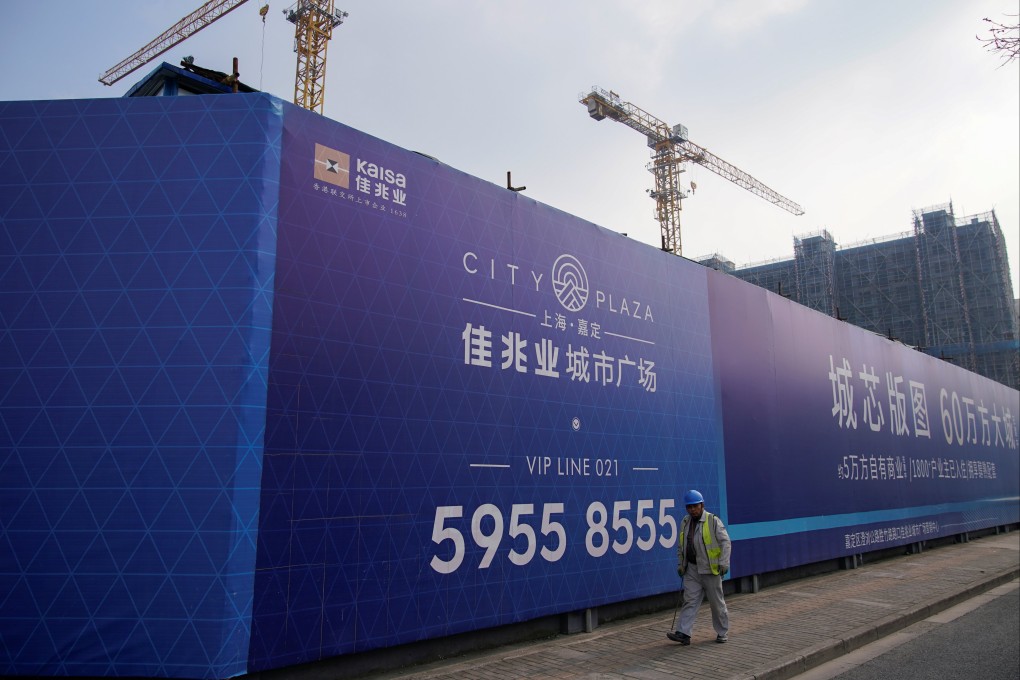Kaisa takes baby steps towards repaying US$18 billion of borrowings, aims to publish overdue 2021 accounts by October
- Shenzhen-based developer reached agreements with undisclosed onshore creditors to delay debt repayment, aimed to publish 2021 accounts by October
- Company failed to make payments on four dollar-denominated securities in December, infecting almost US$12 billion of offshore bonds

The cash-strapped developer based in Shenzhen said it reached agreements with some onshore creditors to extend its existing borrowings, according to a stock exchange filing late Monday. It did not disclose on the number of creditors or the amount involved.
Kaisa earlier signed a “strategic cooperation” with state-owned developer China Merchants Shekou Industrial Zone in June, while also agreeing to sell some of its inventories to Citic Group. The developer also had a deal with state-owned distressed asset manager Great Wall Asset Management Company in April.
The update came as shares of mainland developers surged this week in Hong Kong amid reports about a state-led rescue fund to bail out troubled developers. Homebuyers in more than 90 cities across the nation threatened this month to boycott mortgage payments as developers stalled on construction and deliveries.
Bond defaults in China have surpassed US$20 billion so far this year, more than double the sum in 2021, with developers including China Evergrande contributing the bulk of the failures. Beijing’s “three red lines” policy since August 2020 to curb excessive debt in the industry has shut access to funding for the weakest borrowers.
